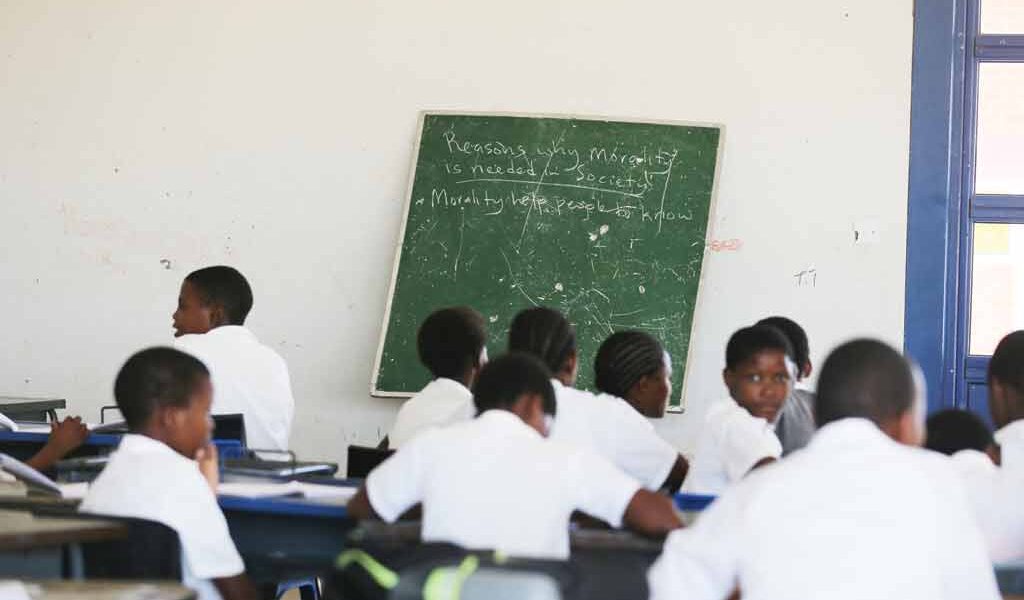OTLAADISA SEREI writes from Otse that teachers should be trained in anger management and emotional intelligence because their stick addiction leads them to abuse corporal punishment
BONELA is right. Applying corporal punishment a should be illegal in Botswana. The Education Act Cap 58:01 regulates administering of corporal punishment in schools. There is who authorises it, who administers it, with whom, with what and where to record the punishment. It has to come as a last resort after warnings, mentoring or if other methods of punishment have failed.
But I fail to understand why corporal punishment is allowed in Botswana schools. Most counties have actually criminalised it.
A rather shocking observation that I have made is that teachers in Botswana are in denial. They have stick addiction and acute anger management problems. Many are impatient with the learners, domineer over students, are petty and believe that they cannot do without the stick. Even if all sticks are taken away from teachers, I bet they will slap, kick, whack, pinch or box students. How can the law and the society entrust teachers with administering corporal punishment on our beloved children when teachers are so addicted to the stick? Teachers need to come out of their addiction first. But I don’t blame them because they were never trained in anger management and self-control right from their Standard 1 to their final teacher training year.
Retooling of teachers in emotional intelligence would greatly reduce misuse of corporal punishment. Applying corporal punishment should be made illegal because it is abused and undermines a family’s responsibility to discipline their children. If corporal punishment is completely abolished in schools, more and more families will fulfil their responsibility over children’s discipline and not rely on a teacher’s cane to rescue them.
I also think that use of corporal punishment in schools is a ‘trap’ into which teachers at times fall when trying to enforce discipline.
Remember we are talking about the addicted teacher who worship the stick. Abolishing of the stick would save teachers their careers.
Using a stick is a shortcut to solving a problem. Many teachers feel that using the stick is normal, even though they think it is wrong. The teacher does not want teaching time to be consumed by other methods of punishing that would otherwise take a longer time to apply and to monitor.
The saying goes that Ntja e betswa e kotame, meaning that a punishment is more effective if it is instantaneous.
Some children are so used to the cane from home so much that they think that being beaten at school is normal and right because it is applied by their teachers and parents.
So, children dislike corporal punishment but they do not necessarily think it is wrong. To understand the origin of student indiscipline, we need to know that the way children are raised greatly influences how they respond to a warning, mentoring and punishment in future.
Talking may be enough to bring understanding, fear then a total end to a bad behaviour for some students. However, for others corporal punishment may successfully deter the student regardless of their family background or socio-economic status.
From a tender age, children need to be taught repeatedly (not by rote) to listen, understand and avoid breaking laid down rules. Basically, the school should be an extension of what has been taught at home. The community should help parents who are giving up on instilling discipline in their children. Family dynamics and dysfunction have played a big role in child indiscipline.
But charity begins at home. In that regard, parent can influence the fall or the existence of the law on the use of corporal punishment in schools because it is misused; the parents supported by their community, the teachers supported by their ministry and the child in this puzzle is innocent, only waiting to be directed and guided, no matter what.

